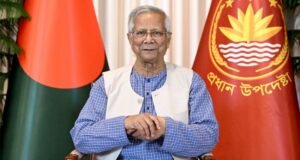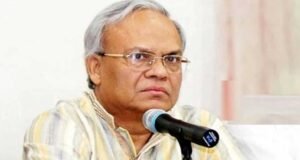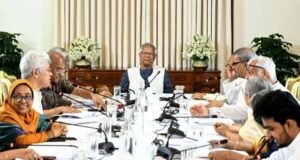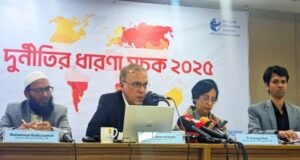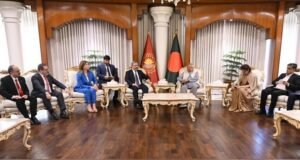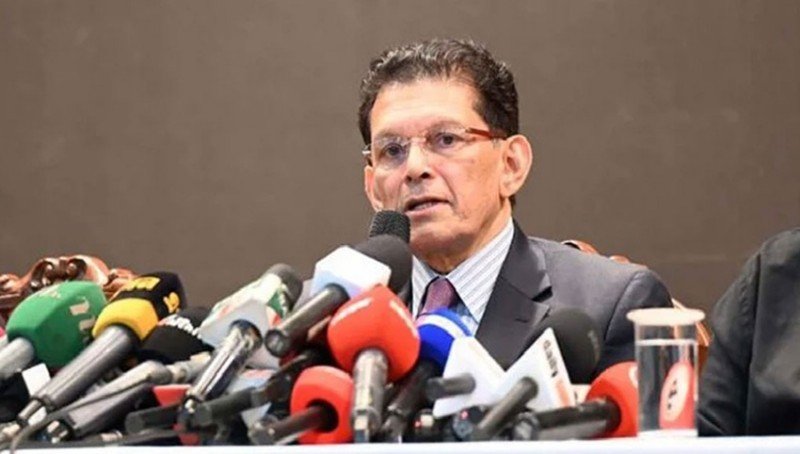
Bangladesh’s National Security Advisor and chief negotiator Dr. Khalilur Rahman noted that the country has successfully preserved its global competitiveness while also unlocking new opportunities to access the world’s largest consumer market.
US President Donald Trump has imposed new tariffs-up to 41%—on imports from 69 countries as part of a sweeping effort to rebalance trade and bolster domestic US industries.
Among the affected countries is Bangladesh, which successfully negotiated its tariff down to 20%, keeping it on par with core competitors such as Vietnam, Indonesia, Pakistan and Sri Lanka, all of whom received rates between 19% and 20%.
Bangladesh’s National Security Advisor and lead trade negotiator, Dr. Khalilur Rahman, credited the country’s strategic diplomacy for avoiding what could have been a crippling 35% retaliatory tariff. “We negotiated carefully to ensure that our commitments aligned with national interests and capabilities,” said Dr. Rahman.
“Protecting our apparel industry was our top priority, but we also made targeted commitments to purchase US agricultural products. This serves both our food security needs and strengthens ties with US agricultural states.”
Dr. Rahman emphasized that securing the 20% tariff was not only a protective move for Bangladesh’s multi-billion-dollar apparel sector, but also an opportunity to deepen access to the American market.
“This is good news for our garments sector and the millions who depend on it. We’ve maintained global competitiveness and opened new pathways into the world’s largest consumer economy,” he said.
He also noted that the US-Bangladesh tariff agreement went beyond simple rate adjustments.
As part of the broader framework pushed by the Trump administration, countries were asked to address US concerns about trade imbalances, non-tariff barriers and even national security.
Negotiating teams were required to commit to purchasing US goods as part of efforts to narrow America’s trade deficit.
Because of the broad scope; ranging from tariff restructuring to domestic policy reforms, the process was complex and time-consuming.
“Reducing tariffs was tied not just to trade policy but also to our ability to engage on broader economic and strategic concerns,” said a statement from the Office of the Chief Adviser.
President Trump’s executive order clarified that each country’s tariff rate reflects the depth and seriousness of its overall commitment to addressing these issues, including market access, economic security and reciprocal trade behaviour.
 Weekly Bangla Mirror | Bangla Mirror, Bangladeshi news in UK, bangla mirror news
Weekly Bangla Mirror | Bangla Mirror, Bangladeshi news in UK, bangla mirror news


